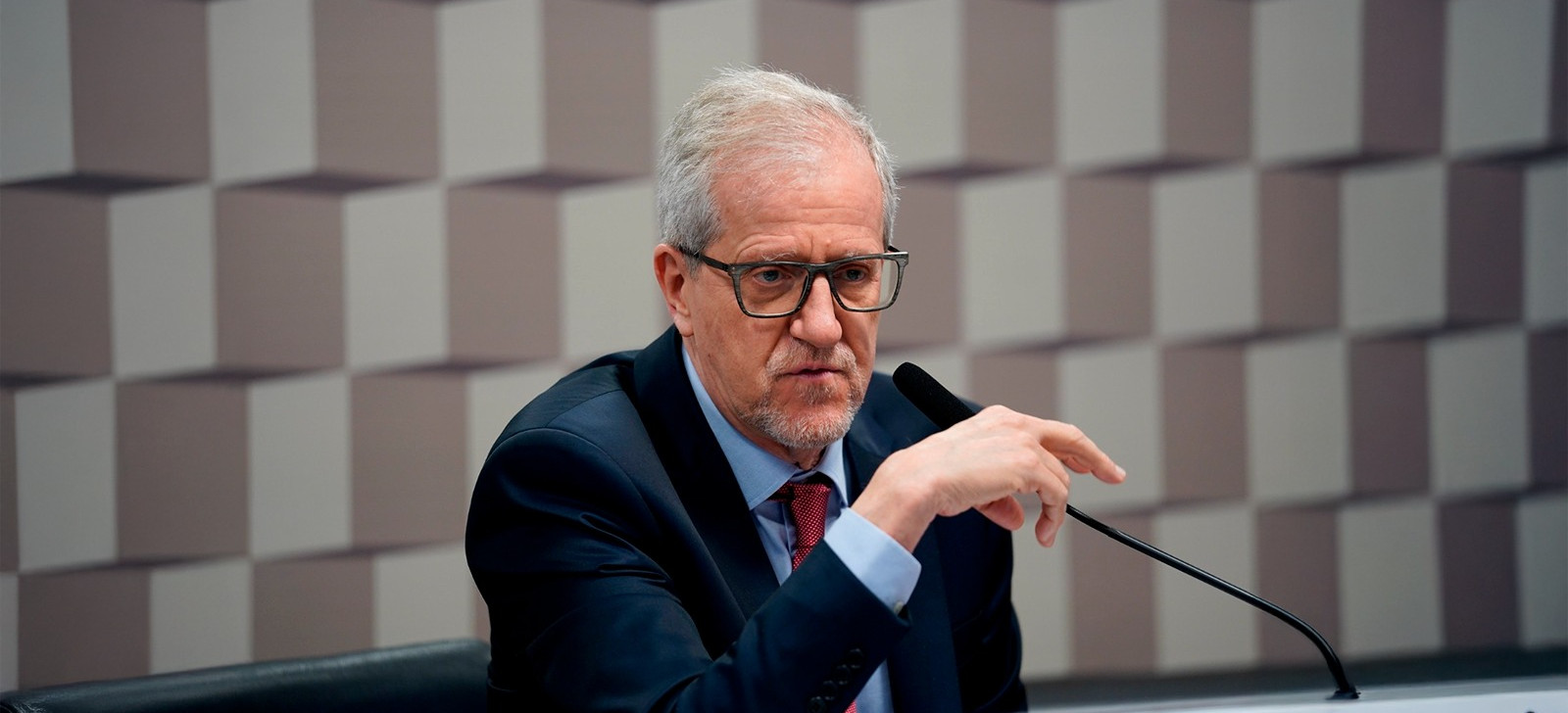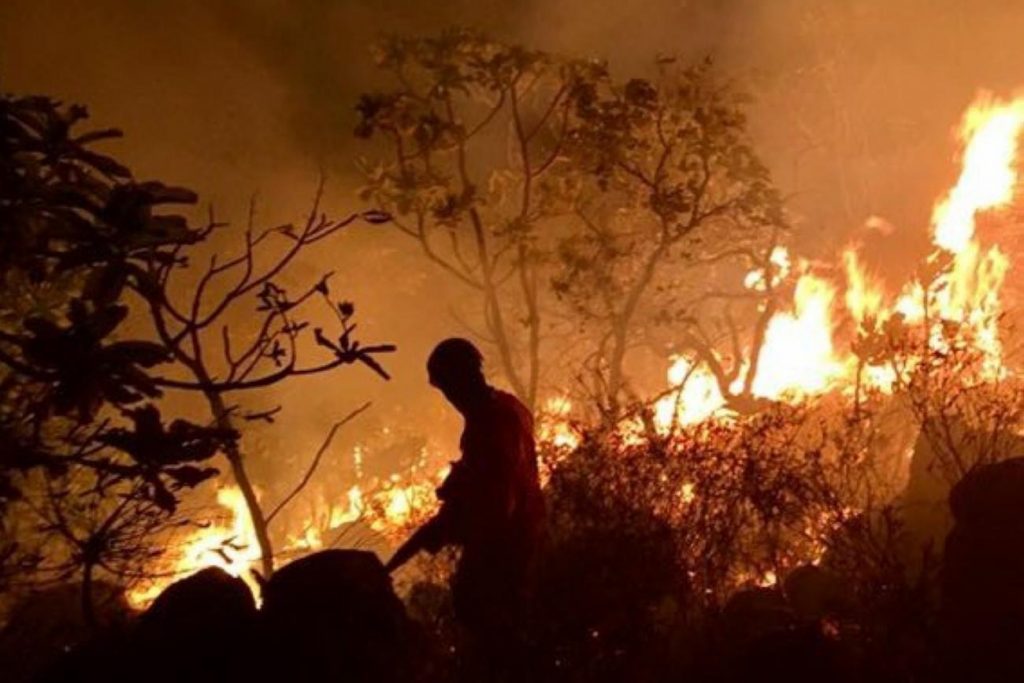‘Devastation Bill’ will increase costs from environmental impacts in Brazil, says Ministry secretary
13 de June de 2025

By Ana Cláudia Leocádio – From Cenarium
BRASÍLIA (DF) – One of the provisions included in Bill (PL) 2159/2021, which will establish the new Environmental Licensing Law in Brazil, will increase public expenses because it proposes to remove from entrepreneurs the responsibility for indirect impacts, which currently fall to the project developers. This assessment comes from the Executive Secretary of the Ministry of Environment and Climate Change, João Paulo Capobianco, who classifies the proposal as “extremely concerning.”
Nicknamed the “Devastation Bill” by environmental and Indigenous movements, the project originally came from the Chamber of Deputies in 2004, where it was approved and sent to the Senate. The Senate then passed a version with several amendments, requiring the document to return to the lower house for further review. The bill is now in the House’s Environment Committee and awaits the scheduling of a public hearing to discuss its impacts and risks, as well as its effects on environmental governance in Brazil.
While analyzing May’s deforestation data in the country, particularly the advance over primary forests caused mainly by the 2024 wildfires, Capobianco explained that by removing the indirect environmental effects of development projects from impact analysis, the burden of mitigating any problems caused by these works automatically shifts to the public sector.

According to the Executive Secretary of the Ministry of Environment, Brazilian legislation currently establishes that when a project is submitted for licensing, whether at the federal or state level, direct impacts must be identified, such as the area to be deforested by the construction of a road, among others.
But the regulations also require identification of indirect impacts, such as an increase in wildfires due to illegal and predatory occupation of the areas made accessible by the road, access that either didn’t exist or was minimal before the project. Once all impacts are identified, the entrepreneur must indicate which mitigating measures they will be responsible for adopting to prevent those indirect impacts.
“The bill removes the entrepreneur’s responsibility for indirect impacts. Therefore, all responsibility for preventing those indirect impacts will fall to the State. These costs will be excluded from the project’s budget and the entrepreneur’s responsibility. That is dramatic. Because not only does it falsify information, which is serious, because it hides the true impact, but it also burdens or will burden the public sector, which will have to deal with the consequences,” Capobianco emphasized.
The secretary highlights that “the law does not change the environmental impact,” because it is inherent to the project. “The licensing process exists to identify the impact, prevent the impact, and mitigate the impact for the benefit of society. That’s why licensing exists. Licensing does not exist to prohibit construction; it exists to organize the project’s implementation within the conditions required by the Federal Constitution,” he stated.
Provisions approved by the Senate
Among the Senate-approved provisions raising concerns among environmentalists is the creation of the License by Adhesion and Commitment (LAC), which allows small and medium-sized projects to obtain a license through a self-declared form, without the need to present environmental impact studies or compensatory measures.
An amendment proposed by Senator Eduardo Braga (MDB-AM), and approved in plenary, exempts already-paved highways from environmental licensing, this includes BR-319, which connects Manaus (AM) to Porto Velho (RO), a major priority for the Amazonas state congressional delegation.
Another measure, set out in Article 39 of PL 2159/2021, states that only peoples from officially recognized Indigenous Lands and registered quilombola territories may be consulted during licensing processes, excluding groups still awaiting official recognition of their land rights.
The bill also exempts agricultural activities from environmental licensing, allowing entrepreneurs to submit a declaratory certificate affirming that they are not exploiting the environment illegally.
A proposal by Senate President Davi Alcolumbre (União-AP) creates a Special Environmental License (LAE), based on a single-license procedure with a special review process, elimination of several stages, and priority analysis. This would apply to projects previously listed as priorities by the Executive Branch, based on input from the Government Council. The maximum time allowed for license issuance would be one year.

